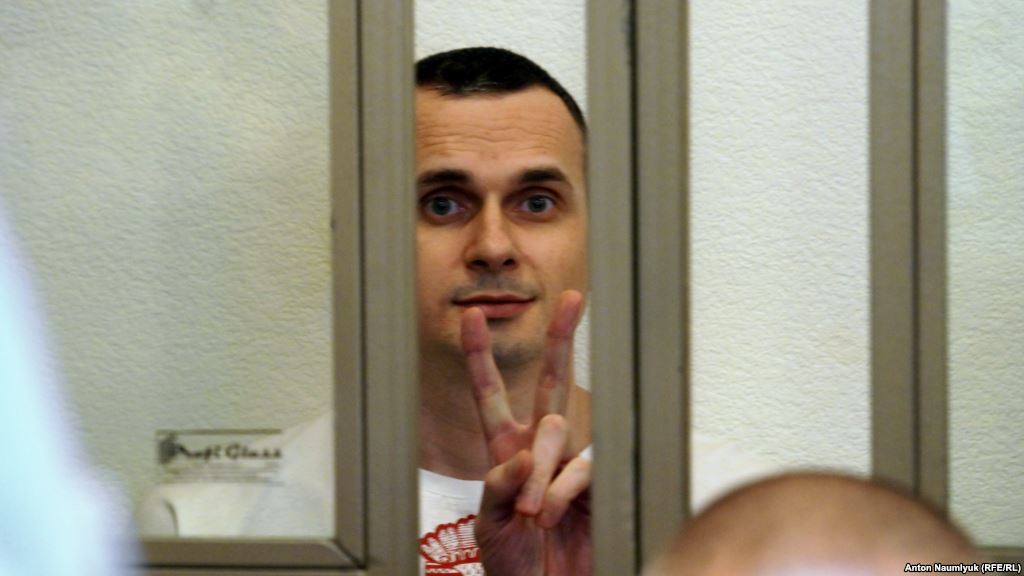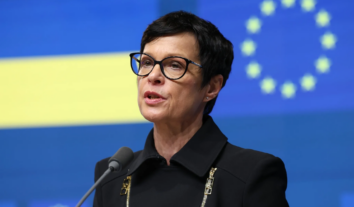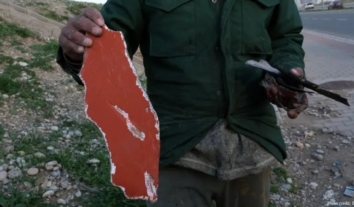Russia refuses to extradite Oleg Sentsov because of assigned Russian citizenship
Russia has refused to extradite Ukrainian political prisoner and filmmaker Oleg Sentsov to Ukraine.

Deputy Justice Minister of Ukraine Serhiy Petukhov posted a scan copy of the letter from the Russian Justice Ministry with refusal on his Facebook page.
According to the letter, Russia refuses to extradite Sentsov as he obtained Russian citizenship after the occupation of Crimea in March 2014 “in accordance with Part 1, Article 4 of the Federal Constitutional Law dated 21 March 2014 on admission of the Republic of Crimea to the Russian Federation and formation of new subjects within the Russian Federation – the Republic of Crimea and the federal city of Sevastopol. According to the Russian legislation on citizenship, a citizen, who has citizenships of several countries, is considered to be a citizen of Russia only.
In addition, the Justice Ministry of the Russian Federation points to the absence of agreements between Ukraine and Russia on exchange of prisoners, who have dual citizenship.
At the same time, April 12, RIA Novosti Russian news agency wrote: “Russian Commissioner for Human Rights Ella Pamfilova stated that Ukrainian citizenship of convicts Oleg Sentsov and his accomplice Oleksandr Kolchenko was officially confirmed.”
As reported, August 25, 2015, the North-Caucasian Military Court in Russia’s Rostov-on-Don sentenced Crimean residents Oleg Sentsov and Oleksandr Kolchenko to 20 and 10 years in a penal colony respectively for alleged “plotting acts of terrorism.”
The international community and human rights activists have repeatedly called on Russia to return Ukraine its citizens.
May 1, the media reported that Sentsov and Kolchenko were filling out the documents for extradition.
According to the Ukrainian human rights activists, at least 29 Ukrainians, including 15 Crimean Tatars, still stay behind bars in Russia after Nadiya Savchenko, Hennadiy Afanasyev, and Yuri Soloshenko were released.










